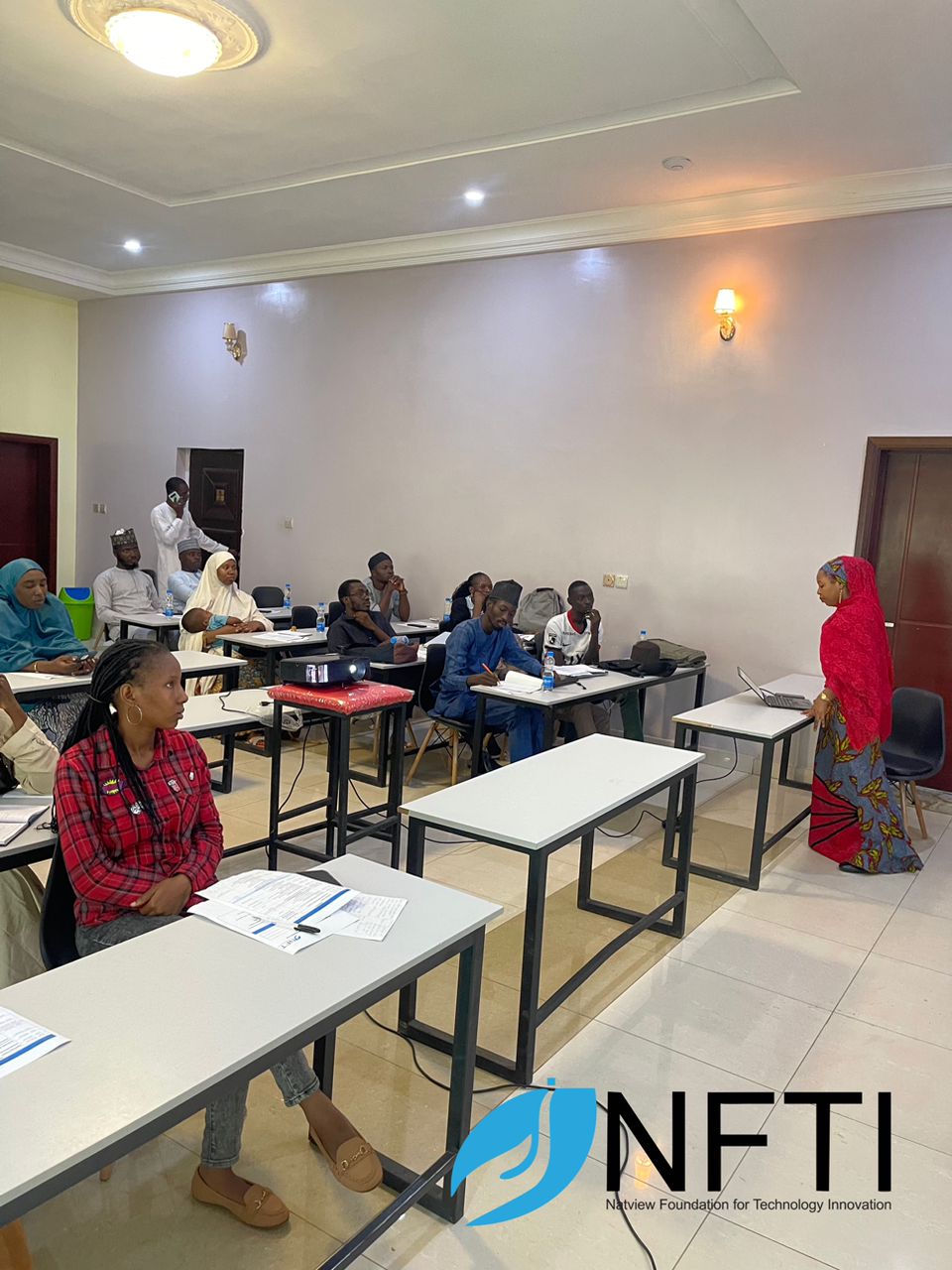The Natview Foundation for Technology Innovation (NFTI) is set to commence a six-month longitudinal study aimed at evaluating the operational readiness and data systems of public health facilities (PHFs) across three Local Government Areas (LGAs) in Kaduna State. The study will assess non-clinical primary health care (PHC) readiness, with a special focus on Human Resources for Health (HRH), Supply Chain Management (SCM), and the associated data systems. The selected LGAs—Kaduna North, Kaduna South, and Chikun—were chosen based on their population size, infrastructure, and socio-economic dynamics, representing both urban and rural environments.
In preparation for the study, NFTI hosted a two-day workshop to train members of the Data Science Fellowship Program (DSFP) alumni who will be participating in the study. A total of 45 fellows, referred to as “data champions,” will be deployed to 83 health facilities across the three LGAs. The goal is to conduct biweekly visits, gathering data through digital checklists, interviews, and photographic records to provide a comprehensive view of each facility’s operational readiness. The study will evaluate the cost-effectiveness of this data collection approach, identify gaps in the current PHC readiness data systems, and offer recommendations for improvements to enhance service readiness at public health facilities.
Conducted in two phases, the initial assessment will take place in September 2024, focusing on health facilities in Kaduna North LGA. The second phase will expand the study to cover Kaduna South and Chikun LGAs. The 45 fellows, referred to as “data champions,” will visit 83 health facilities twice a week. To ensure unbiased assessments, the fellows will rotate across different facilities, allowing multiple perspectives on each location. The data will be gathered through digital checklists, interviews, and photographs of facility records. During the training workshop, the data collection tools were tested to familiarize the data champions with the questions and methodology. A field test was also conducted to provide the participants with hands-on experience and a clearer understanding of the study’s goals.
Notable attendees included Mr. Mohammed Ali, the Monitoring and Evaluation Officer for Kaduna North, and Maryam Yusuf, who represented the state during the training. Insights from this study are expected to lead to enhanced policies and practices aimed at improving the quality of public health services across Kaduna State. As the study begins, NFTI remains committed to leveraging data to drive practical solutions that will improve healthcare delivery for the people of Kaduna State.
Written by: Simnom Emmanuel

